The first law of robotics enunciated by Asimov says ‘A robot may not injure a human being or, through inaction, allow a human being to come to harm’. Then, we’ll be able to sleep soundly.
Robots here are intended as machines, and as such are to be used in accordance with all the manufacturer’s instructions and good application practice. I would like taking this opportunity to urge and sensitise all operators in the sector never to underestimate robots and automatic machines in general, they perform their tasks undaunted and when humans get addicted and overconfident in their operations, some unwanted event, even serious, can happen.
Letting down one’s guard or failing to give proper importance to safety is the way to increase the risk of accidents. Consistently adhere to good rules of application and never switch off safeties, even temporarily.
But the title wants to explore a various area.
- Do robots really steal jobs from humans?
- Will robots replace Homo sapiens in whole or in part?
- Can robots be trusted?
It is commonplace that the advent of machines will ruin people’s workplaces, but is this really the case?
In classic industrial applications, a robot working twenty-four hours a day replaces the work of at least three people, so would it not be better to limit its applications?
From a first and perhaps superficial analysis it seems so but let us make some considerations around the world of applied robotics.
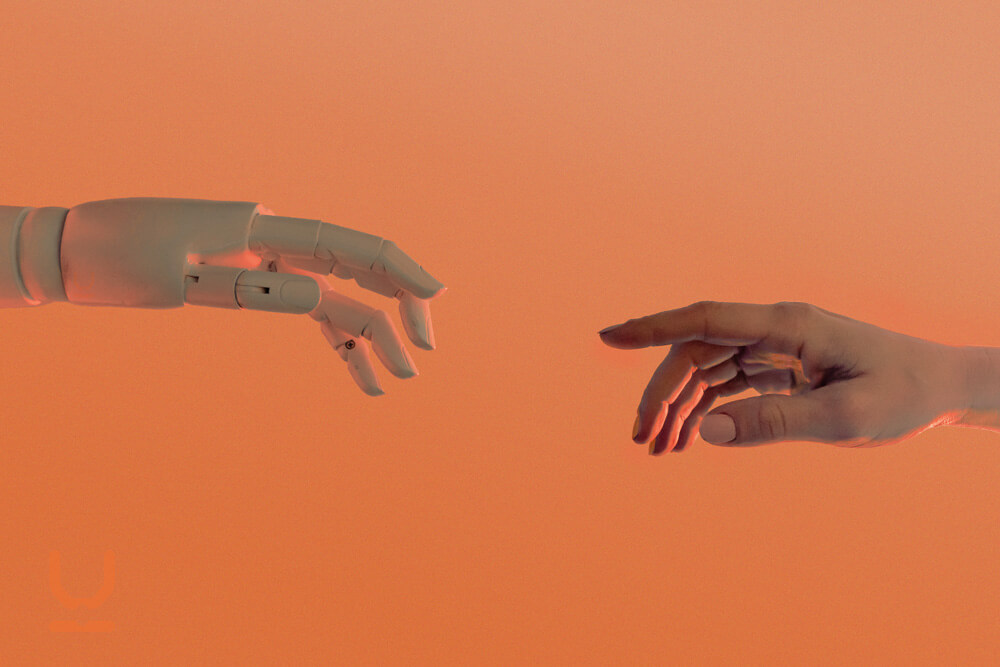
Robots continue to transform the world of work
Since the industrial revolution, say ‘Charlie Chaplin’ for short, machines, and therefore later robots, have been used in place of human beings.
But to do what?
Robots have been used to move weights, work in extreme temperatures, applied in dangerous and health-damaging conditions, all those jobs that are not exactly virtuous for humans.
The second step in the application of robots has seen the solution of more precise operations, the adoption of vision systems or advanced sensors to solve problems difficult for a human being. It is also true that while machines are replacing us in less edifying jobs, new professional figures, specialised technical figures at the service of the robot world, are being created at the same time.
Yes, it is true, far fewer people are needed to repair robots than are replaced by them. If we step outside the industrial world, we see that robots can literally increase our quality of life or even enable applications otherwise inhibited by direct human intervention.
Think of space exploration, we all agree that it is better to send a rover to Mars before sending an astronaut there. These projects would cost too much in terms of human lives before reaching a useful result. Again, new professional figures have arisen to deal with these issues.
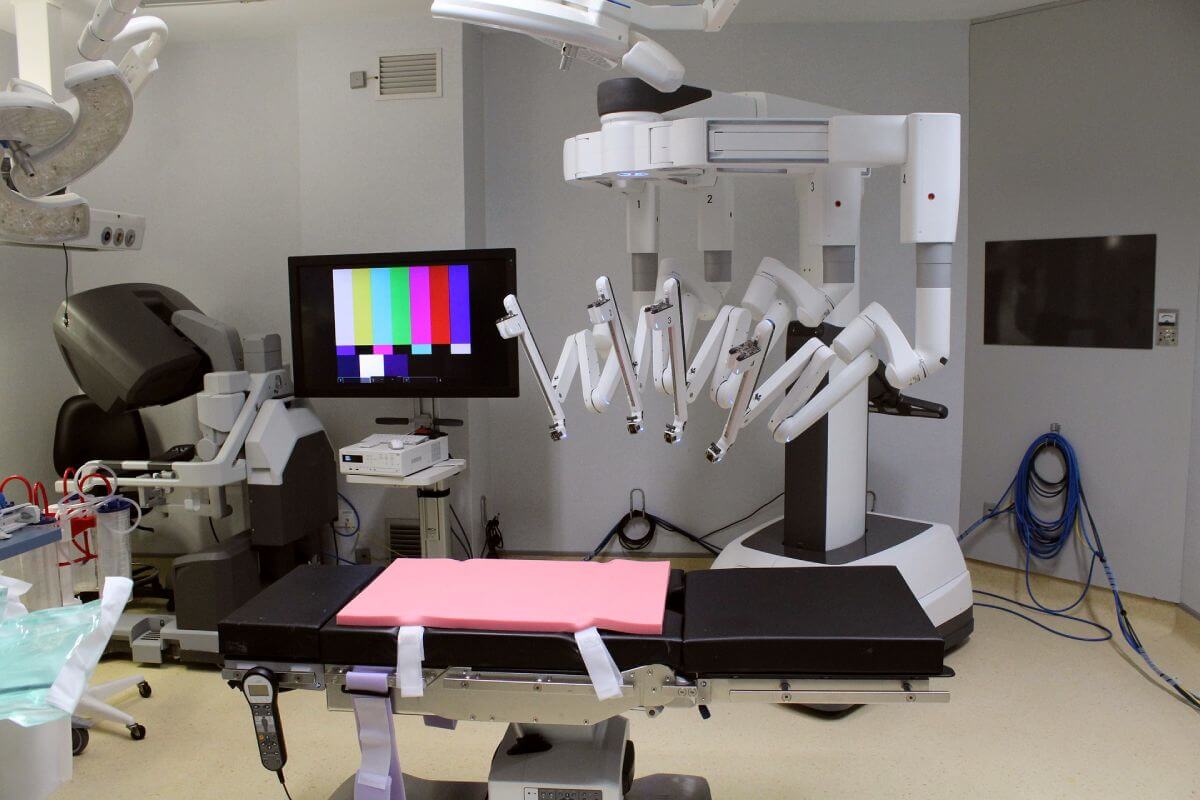
In the medical field, robots are used for their precision and repetitiveness, it is undeniable that our quality of life can benefit greatly from these technologies. The world’s population, in all its complexity, is constantly increasing and at the same time the average life expectancy has doubled in the last hundred years in several countries. This has been possible thanks to traditional medicine and increasingly sophisticated machines used to treat various diseases.
Pet robots or ‘Home Robots’ will be increasingly applied to care for the elderly and lonely. These robots can regularly scan the lives of people in need, serve medicine, analyse a person’s habits, monitor basic values using biometric sensors and alert the doctor or a trusted individual when something seems suspicious.
Nanorobots can be used to explore the inside of our bodies in a non-invasive way and accurately report on the situation of internal tissues and organs, even it will be possible in the future to carry out micro-operations with externally piloted micro-robots.
Who knows, maybe one day we will be able to micronise robots so much that they can perform operations at the molecular or atomic level. The applications of robotics in the service of human lives are indeed numerous.
Will robots make us immortal?
The age-old dream of us mortals to become immortal. Will having the ability to heal every disease and even conquer death be possible in the future?
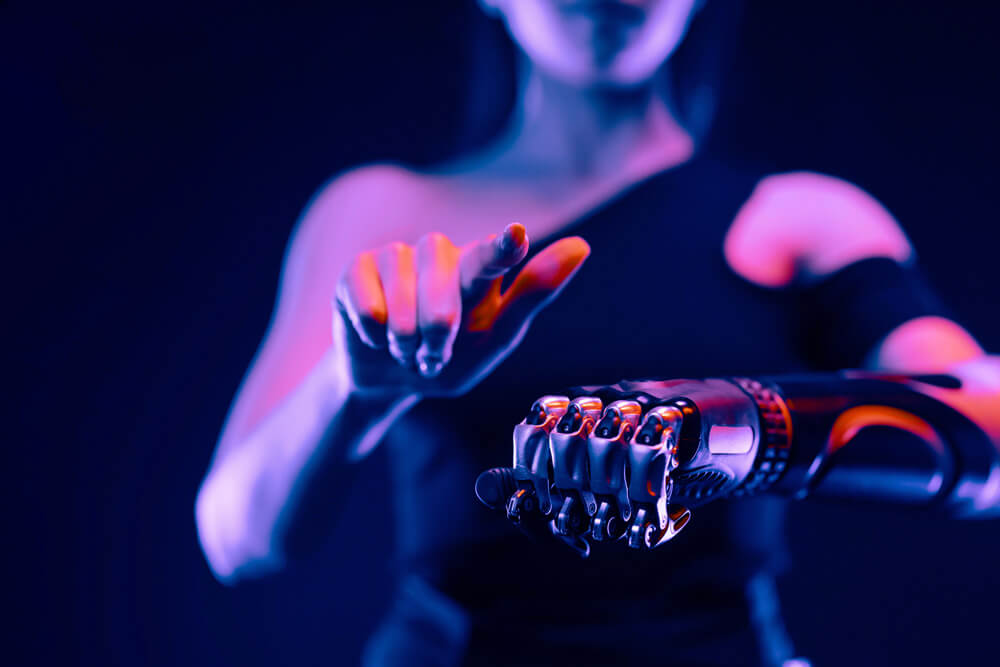
At the moment all organic beings have an expiry date, for some plants several hundred years and for humans hardly more than a hundred.
I really like, and here I borrow it, the clever definition that Yuval Noah Harari gives us in his book ‘Sapiens‘ where the evolution of our species will lead to ‘amortality‘. To be amortal means to be able to recover from all diseases, to be able to restore diseased or ruined cells with new (biological) cells, and so on.
All this will be possible thanks to the progress of medicine and biology with the significant help of robotics applied in these fields. But if we continue replacing parts of the natural body with robotic products, will humans disappear to make way for intelligent machines?
Apparently, the risk really does exist, the possible disappearance of Homo sapiens in favour of super-intelligent robots is not just for visionaries, post-humanism as portrayed in many science fiction and biotechnology stories is still the product of the human mind and the resulting actions.
Only voluntary self-destruction can take us in this direction. In anticipation of amortality, robots are already helping us to lead a regular life even in the presence of more or less serious illnesses, from the simple pacemaker to the articulated robotic limbs used as prostheses.
If in industry robots have changed the way we work, so in other fields robotics has improved the way we deal with critical situations, concretely increasing the quality of our existence.
Robots, indispensable helpers
It is plausible to be afraid of so much power and also to be anxious about the developments that the science of the near future may bring us. For now, let us be content with today’s robots that replace us in the heaviest and most dangerous jobs, automata solve problems related to repetitive and precision work, leaving us human beings with more creative works.
The world of work has changed, as has the way in which Sapiens conduct their existence on this planet and why not, in the near future, in an extra-terrestrial life. Robots that are exploring space in a way that humans would not know how to do, are and will continue to provide us with increasingly valuable information so that we can find new worlds on which to start a new life.
Today, to us earthlings it seems like a very distant time, but we know everything ends and is exhausted by more or less natural processes. The survival of our species is not without robots, they play now and will increasingly play a fundamental role in our lives.
It is normal to be afraid of such a disruptive technology, we aren’t always able to understand totally its future developments, in fact I guarantee you, even insiders have not yet found or even imagined all the potential applications of robotics.
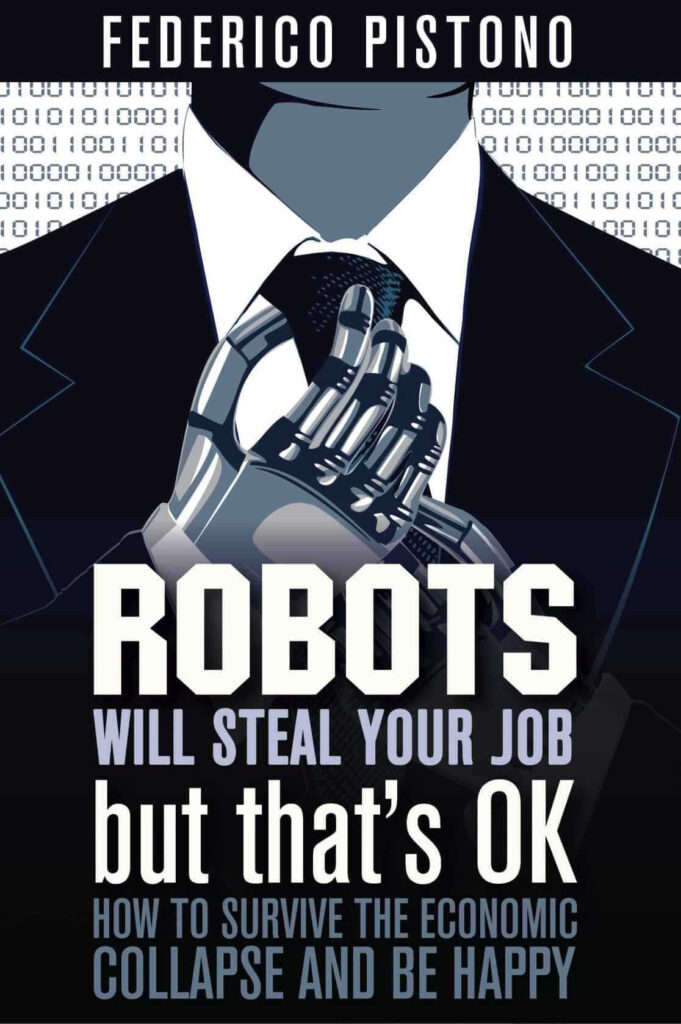
Federico Pistono, futurist, entrepreneur and psychonaut, a character I appreciate very much and often follow, calls it the ‘Luddite Fallacy‘ in his book ‘Robots will steal your job, but that’s OK‘, which I recommend reading to those who want to delve deeper into the subject.
By means of the Luddite Fallacy, Pistono shows how the fears of the late 19th century, of losing positions due to the advent of automated machinery, have proven to be unfounded. In the last century, machines and robots have spread exponentially, creating far more value added than jobs lost.
Work has transformed. Even a historian can confirm that for the days of the Iron Age, as new knowledge was learned, work changed, as did the ways of making objects, of producing food and necessities.
Did it change for the better?
This of course is difficult to say, many parameters are subjective and, therefore, not easly measurable, but if we look at some basic values like life expectancy and global population, we can say a significant improvement has been achieved.
We should not be afraid of robots.
Let us however consider that robots are ‘only’ machines today made mainly of metals and semiconductors, tomorrow there will probably also be organic or ‘quantum’ robots capable of performing many tasks, but human intellect is and always will be, responsible for what robotic intelligence will do and become.
Title image credits: Qniksefat, CC BY-SA 4.0 via Wikimedia Commons

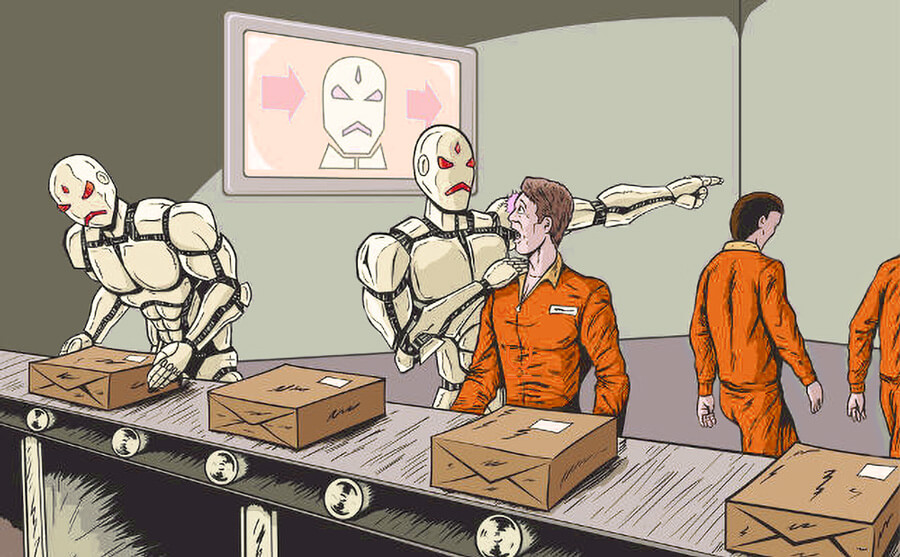
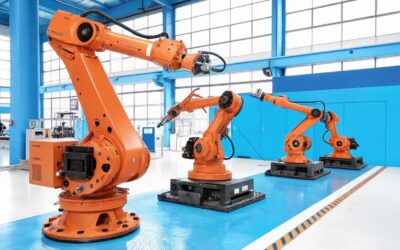

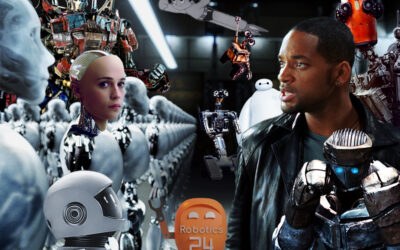
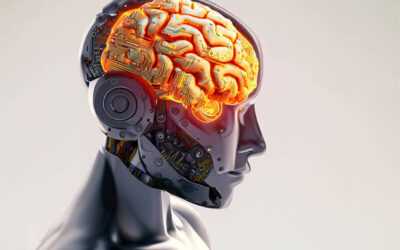
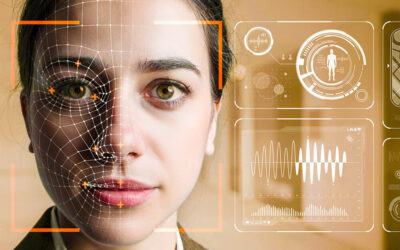
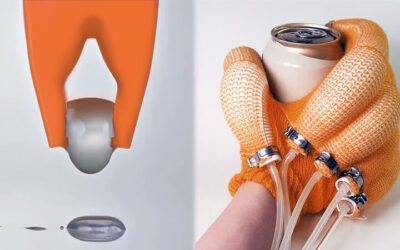
0 Comments